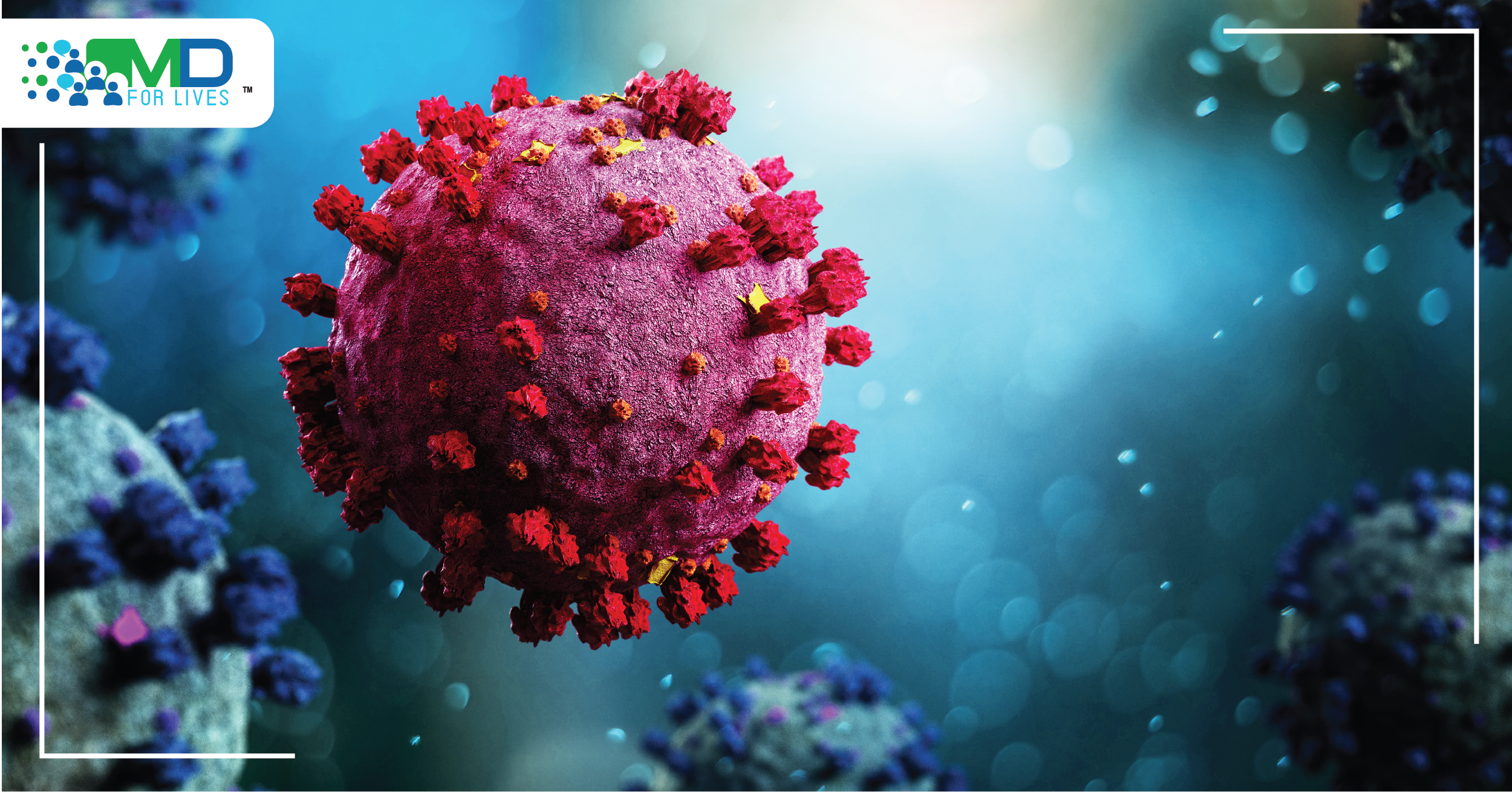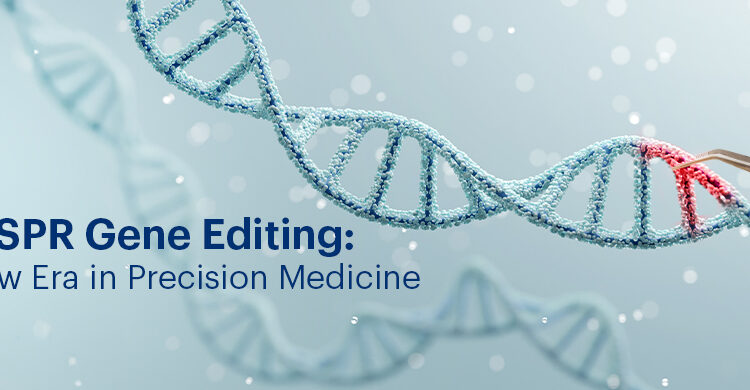Infectious disease is defined as an illness that is transmitted from an infected source to a susceptible host, infected by a specific infectious agent or its toxic product. Infectious diseases occur in humans either in endemic form or epidemic form. Infectious diseases still have a great contribution to the morbidity and mortality rates of the human population although the research and development in molecular biology and the intensive use of its methods in the various aspects of the study of infectious diseases have brought a wide range of treatment options.
What is the link between weather and the spread of COVID-19?
A new meta-analysis of over 150 research papers published during the early stages of the COVID-19 pandemic has shown the link between weather and the spread of the illness.
The data also showed that Asian countries had more positive associations for air temperature than other regions, possibly because the temperature was undergoing its seasonal increase from winter to spring during the rapid outbreak of COVID-19 in these countries showing how correlation does not necessarily imply causation. Higher solar energy was also associated with reduced COVID-19 spread, regardless of the statistical analysis method and geographical location.
The results from the meta-regression analysis surprised the researchers who began to see links with sunlight on the virus spread. “We were able to show across these remaining 78 studies that higher solar energy was associated with reduced COVID-19 spread, regardless of statistical analysis method and the geographical location of the study, possibly due to the benefits of ultraviolet radiation and vitamin D on reducing COVID-19 spread or because sunlight inactivates the virus.” said Professor Schultz.
This research also suggests best practices that should be considered in future studies of disease and weather conditions.1

Why did Merck, Gilead pause the study of HIV drugs?
Due to safety concerns, Gilead and Merck & Co. have temporarily stopped enrolling patients in a key clinical trial testing two of their experimental drugs as a combination treatment for HIV.
The study recently found that patients who received the drugs had decreases in certain kinds of white blood cells, especially when they were on high doses of MK-8507.
If uncertainties surrounding Merck’s drug persist, Gilead may need to look elsewhere for a combination partner, Abrahams wrote.
The choice to pause the study of islatravir and lenacapavir was a “smart move” on Gilead’s part, according to Evercore ISI analyst Umer Raffat. “I think this is a very prudent decision, and it may have just saved [lenacapavir] from a worst-case outcome,” he wrote in a Nov. 24 note.
Raffat wrote that HIV drugs usually aren’t very successful if they cause drops in white blood cell counts like the ones seen in the MK-8507 study. So, there had been declines in the lenacapavir and islatravir trial, it could have increased scrutiny around Gilead’s drug as well.2
Did Takeda win approval for the new CMV treatment?
Transplant patients in the U.S. with a common infection now have a new treatment option, with this week’s approval of Takeda Pharmaceutical’s maribavir, which will be sold in the U.S. as Livtencity.
The Food and Drug Administration on Tuesday cleared the medicine for patients with cytomegalovirus, or CMV, an infection that’s resistant to other available antiviral treatments. To date, those patients haven’t had a fallback treatment option after older drugs stop working.
Livtencity will be available within days in the U.S., Takeda said. The FDA says Takeda’s CMV treatment will address “a significant unmet medical need” among transplant patients. CMV infections are very common in that group, and the disease can cause complications ranging from loss of the transplanted organ to death.3

What did Ocugen, Inc., announce regarding the COVID-19 vaccine?
Ocugen, Inc., a biopharmaceutical company focused on discovering, developing, and commercializing novel therapeutics and vaccines, announced that the US Food and Drug Administration (FDA) has issued a clinical hold on the company’s Investigational New Drug application (IND) to evaluate the Covid-19 vaccine candidate, BBV152, known as Covaxin outside the United States.
Ocugen, Inc. is a biopharmaceutical company focused on discovering, developing, and commercializing gene therapies to cure blindness diseases and developing a vaccine to save lives from Covid-19.
The FDA plans to identify the specific deficiencies that are the basis for clinical hold and information on how to address those deficiencies. The Company expects to receive formal written communication with the additional information from the FDA and plans to work with the FDA in an effort to resolve its questions as promptly as possible.4
What is the news from Moderna, Inc., on Omicron?
Moderna, Inc., a biotechnology company pioneering messenger RNA (mRNA) therapeutics and vaccines, announced updates to its strategy to address SARS-CoV-2 variants of concern, given the emergence of the B.1.1.529 (Omicron) variant.
The Moderna Covid-19 vaccine (mRNA-1273) is authorized as a booster for many populations at the 50 µg dose level. The company is working rapidly to test the ability of the current vaccine dose to neutralize the Omicron variant and data is expected in the coming weeks.
Since early 2021, Moderna has advanced a comprehensive strategy to anticipate new variants of concern.
First, Moderna has already tested a higher dose booster of mRNA-1273 (100 µg) in healthy adults.
Second, Moderna is already studying two multi-valent booster candidates in the clinic that were designed to anticipate mutations such as those that have emerged in the Omicron variant.
Third, Moderna will rapidly advance an Omicron-specific booster candidate (mRNA-1273.529).5
What is the update from Merck, Ridgeback on an oral antiviral medicine for Covid-19?
Merck and Ridgeback Biotherapeutics provided an update on the MOVe-OUT study of molnupiravir (MK-4482, EIDD-2801), an investigational oral antiviral medicine for Covid-19. Data are now available from all enrolled participants (n=1433). In this study population, molnupiravir reduced the risk of hospitalization or death from 9.7% in the placebo group (68/699) to 6.8% (48/709) in the molnupiravir group, for an absolute risk reduction of 3.0% (95% confidence interval [CI]: 0.1, 5.9; nominal p-value=0.0218) and a relative risk reduction of 30% (relative risk 0.70; 95% CI: 0.49, 0.99). Nine deaths were reported in the placebo group, and one in the molnupiravir group. The adverse event profile for molnupiravir remained consistent with the profile reported at the planned interim analysis.
Molnupiravir is being developed by Merck and Ridgeback for the treatment of mild to moderate coronavirus disease 2019 (Covid-19) in adults with a positive SARS-CoV-2 diagnostic test and who are at high risk for progression to severe Covid-19, including hospitalization or death. Molnupiravir has been authorized for use in the UK. The FDA is reviewing Merck’s application for Emergency Use Authorization.6
Omicron? What does Thermo Fisher Scientific confirm about Omicron detection?
Thermo Fisher Scientific Inc. confirmed that its polymerase chain reaction (PCR) TaqPath Covid-19 Combo Kit, and TaqPath Covid-19 CE-IVD RT-PCR Kit, which test for the presence of SARS-CoV-2, are not impacted by the emerging B.1.1.529, or Omicron variant, enabling accurate test results.
The TaqPath Covid-19 assays detect SARS-CoV-2 infections by identifying the presence of three gene targets from the orf1a/b, S, and N regions of the virus. By surveying across multiple genes, the test can report accurate results even in the case where one of the targets is impacted by a mutation. While the S gene target in the test is impacted in the presence of Omicron variant mutations, the orf1a/b and N gene targets in the TaqPath Covid-19 tests have been determined to not be impacted by any of the mutations in the Omicron variant, based on the assessment of sequences in the GISAID public database. As a result, the overall accuracy of the TaqPath Covid-19 assays is not impacted.

The Omicron variant has been found to include the 69-70del mutation of the S gene, first identified as a mutation in the Alpha variant. This mutation causes a dropout of the S-gene target in results from the TaqPath test, which could indicate to clinicians and researchers a possible Omicron variant infection. Confirmation must then be performed by sequencing the sample.” The Thermo Fisher test allowed us to detect cases that may contain the new variant by identifying samples exhibiting S-gene dropout,” said Tulio de Oliveira, director of the Centre for Epidemic Response and Innovation (CERI), Stellenbosch University and UKZN, South Africa. “This early identification is very important in helping us track and understand the spread of the B.1.1.529 variant to South Africa and the world.”7






